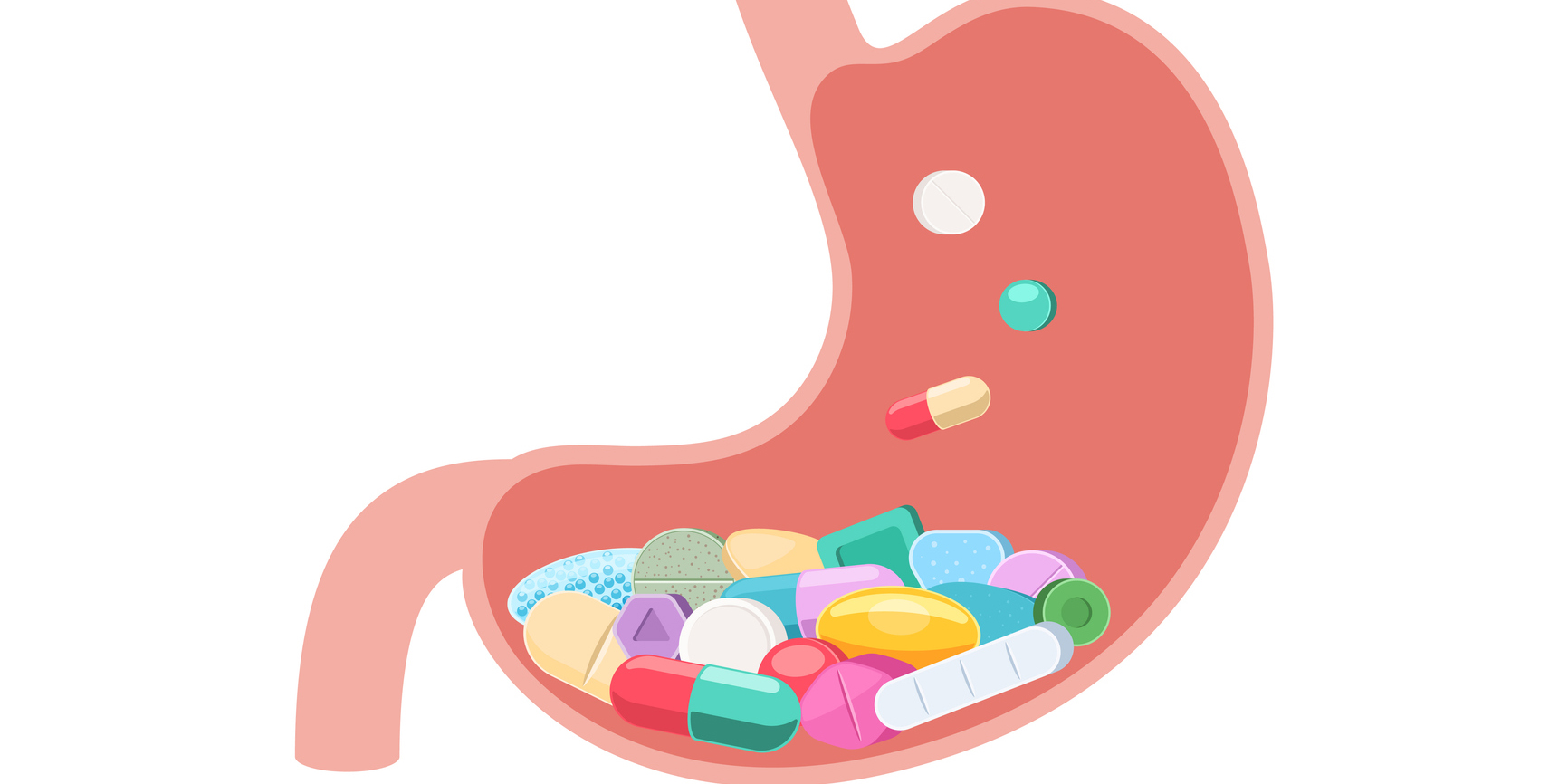Caution remains around the use of colchicine in patients with comorbidities due to side-effects, but a systematic review shows fears are probably overblown
Caution remains around the use of colchicine in patients with comorbidities due to the risk of side-effects, but a systematic review has shown that fears are probably overblown.
Colchicine is an anti-inflammatory agent that has a long history and is often used to treat gout, familial Mediterranean fever, Behcet’s disease and pericarditis.
Its uptake has increased since colchicine was recommended for use as a gout-flare prophylaxis when urate-lowering therapy is initiated.
The systematic review, led by Queensland-based rheumatologist Associate Professor Philip Robinson, examined 35 randomised controlled trials.
In these trials, around 8,600 patients with comorbidities were randomised to receive colchicine, placebo or an active comparator drug.
The meta-analysis found that the adverse events of colchicine were limited to diarrhoea and gastrointestinal events.
“While these are not benign side-effects in some individuals, they will settle on dose reduction or drug discontinuation,” the authors said.
The relative risk of diarrhoea was more than twice as high in the group using colchicine than the control group, while gastrointestinal events were 70% more likely in the colchicine group.
Liver, sensory, muscle, infectious or haematology adverse event rates, and death rates, were very infrequent in the colchicine and the control groups.
Overall, 21% of participants using colchicine reported any adverse event compared with 19% of participants in comparator groups.
The authors said the meta-analysis “provides reassurance” that the side-effects of colchicine were not likely to be serious.
The trial participants had a range of conditions, including (but not limited to) cirrhosis, pericarditis, gout, knee osteoarthritis, Behcet’s syndrome, psoriatic arthritis and familial Mediterranean fever.
The majority of the studies administered treatment over months, with only four studies running for a few weeks only.
The majority of the studies (30 out of 35) were placebo controlled.
“This is an important study as colchicine is not used enough as prophylaxis when commencing urate lowering therapy (ULT),” Sydney-based rheumatologist Professor Richard Day, who was not involved in the study, said.
“Rheumatologists can help educate their GP colleagues about the value of doing this for better long-term adherence to ULT while reassuring them about the safety of the drug, especially if care is taken with dosing. Dose reductions in patients with renal impairment is advisable, more so in those with greater impairment.”
“That colchicine usage increases diarrhoea and assorted gastrointestinal disturbances with RR of 2.4 and 1.7 (irrespective of placebo or active comparators) will not be a surprise to readers,” Dr Kevin Pile, a rheumatologist based in Campbelltown, NSW, who was also not involved in the study, said.
“I was pleased to note the rates of other adverse events were not increased, including a low 0.6% haematological AE rate, remembering colchicine’s actions are similar to the vinca alkaloids.
“That the adverse events of colchicine were not affected by duration of exposure, daily dose, or cumulative dose requires further consideration. Systematic reviews are only as good as the studies not omitted, and I would have liked to see inclusion of Mike Ahern’s 1987 South Australian paper – the first double blind placebo-controlled trial of colchicine in gout.”
Arthritis Research & Therapy, 13 February
We want to hear what you think about this article. Write to the editor – irwin@bjchealth.com.au


